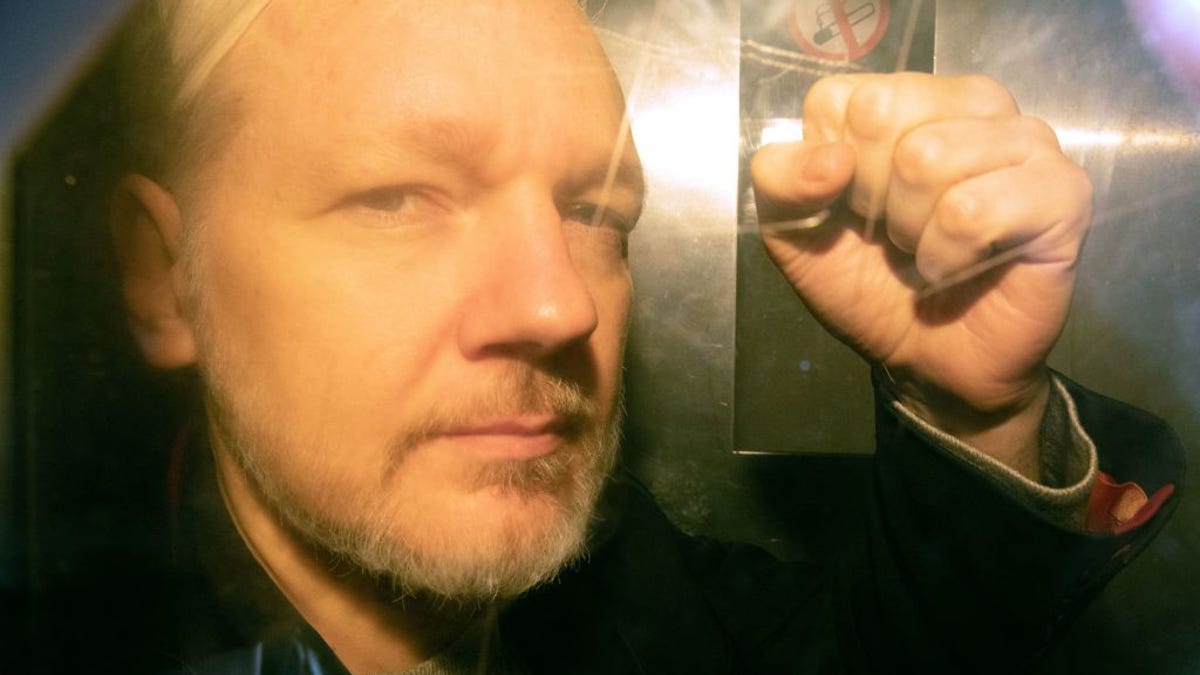Julian Assange wins right to seek appeal against extradition to the US
The WikiLeaks founder is granted the right to petition the UK's top court for an opportunity to appeal a decision to have him extradited.

Julian Assange may now appeal.
WikiLeaks founder Julian Assange scored a small win in court in London on Monday, when a judge granted him the right to appeal to the UK's Supreme Court over his extradition to the US.
The High Court ruled that Assange has points that Supreme Court justices may want to consider ahead of the UK extraditing him. Assange will now petition the UK's Supreme Court for a hearing, but there is no guarantee his request will be granted. As his case proceeds through the courts, his extradition will continue to be stalled and Assange will remain in Belmarsh Prison, where' has been held since leaving the Ecuadorian Embassy in London in 2019.
"Today we won -- but Julian continues to suffer," said Stella Moris, Assange's fiancee, speaking outside the court on Monday. "Julian must be freed."
Monday's decision follows a ruling by a High Court judge in December granting the US permission to go through with the extradition. It overturned a previous decision by a District Court judge that blocked Assange's extradition on mental health grounds. The WikiLeaks founder has raised a legal question about the circumstances in which the High Court received assurances from the US over the treatment he would receive in prison.
Assange is wanted in the US on espionage charges and faces an 18-count indictment accusing him of conspiring to hack military databases to publish classified information about the wars in Iraq and Afghanistan. If convicted, Assange could receive a 175-year jail sentence, although the US government has said he would likely face a sentence of between four and six years.
Assurances made by the US include a promise not to hold Assange at ADX, a supermax prison in Colorado, or to make him subject to "special administrative measures." The US has also agreed that if Assange is convicted it will consent to an application from Australia for him to serve his sentence there (Assange is an Australian citizen). Finally, the US has guaranteed that if he is held in the US, Assange would receive appropriate clinical and psychological treatment.
In a statement issued Monday, Amnesty International said it welcomes the High Court's decision, but remains concerned over the limitations of the appeal.
"The Supreme Court should have had the opportunity to deliberate and rule on all of the points of law raised by Assange at this crucially important point but the High Court has limited its scope to do so. If the question of torture and other ill-treatment is not of general public importance, what is?" said Amnesty International's Deputy Research Director for Europe Massimo Moratti. "We now hope that the Supreme Court will grant leave to appeal on the certified issue concerning at what stage in extradition proceedings should such assurances be submitted and considered."

